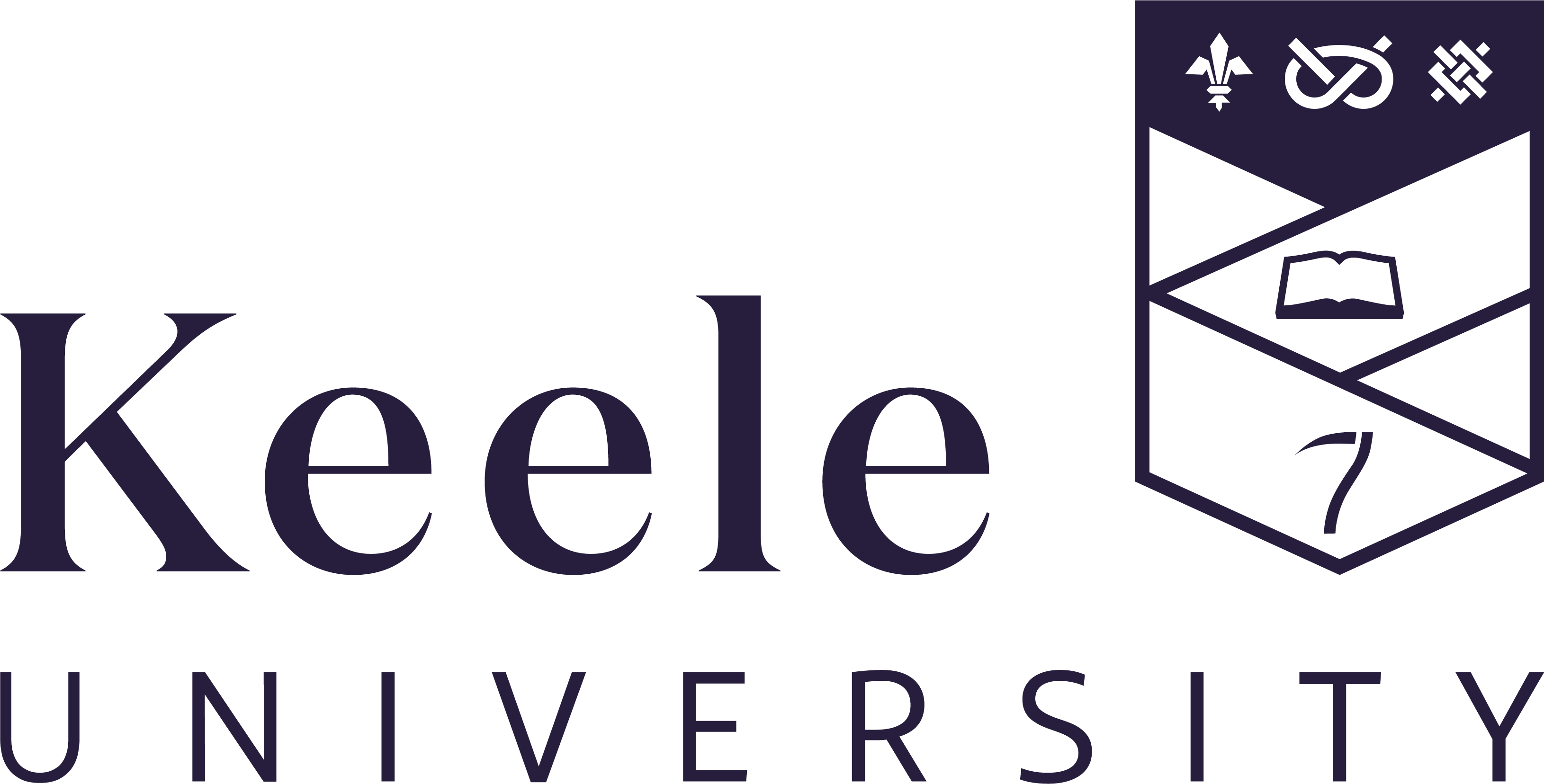Nobody should have to live with the fear and anxiety that hate crime and discrimination can cause.
'Hate incidents' and 'hate crimes' are terms used to describe acts of violence or hostility directed at people because of who they are or who someone thinks they are. They are motivated by hostility or prejudice based on disability, race, religion, transgender identity, or sexual orientation. This can be an incident against a person or against property and includes materials posted online.
Direct discrimination means treating someone less favourably than someone else because of a protected characteristic, which include age, disability, gender reassignment, marriage and civil partnership, pregnancy and maternity, race, religion or belief, sex, and sexual orientation. An example of direct discrimination would be refusing to admit a student because of their race, for example because they are Roma.
Indirect discrimination occurs when you apply a provision, criteria or practice in the same way for all staff or students or a particular staff or student group, but this has the effect of putting staff or students sharing a protected characteristic within the general staff or student group at a particular disadvantage. An example could be a university implementing a practice to only allow students to take handwritten lecture notes. This may put students with particular disabilities at a disadvantage, when compared to others. It doesn’t matter that the university did not intend to disadvantage the individuals with a particular protected characteristic in this way. What does matter is whether your action does or would disadvantage such individuals compared with those who do not share that characteristic.
Are you in immediate danger? If you are in immediate danger or seriously injured, you can contact the emergency services on 999 (or 112 from a mobile phone).
The University’s Campus Safety Team can also be contacted on 01782 733999 (internal 33999).
Students and staff can report an incident using the University’s Report and Support system. You can choose to do this anonymously or you can request support from an advisor. If you choose to talk to an advisor they will be able to talk through the options and support available to you, in confidence.
Read more - and seek further support - on the Keele University website


